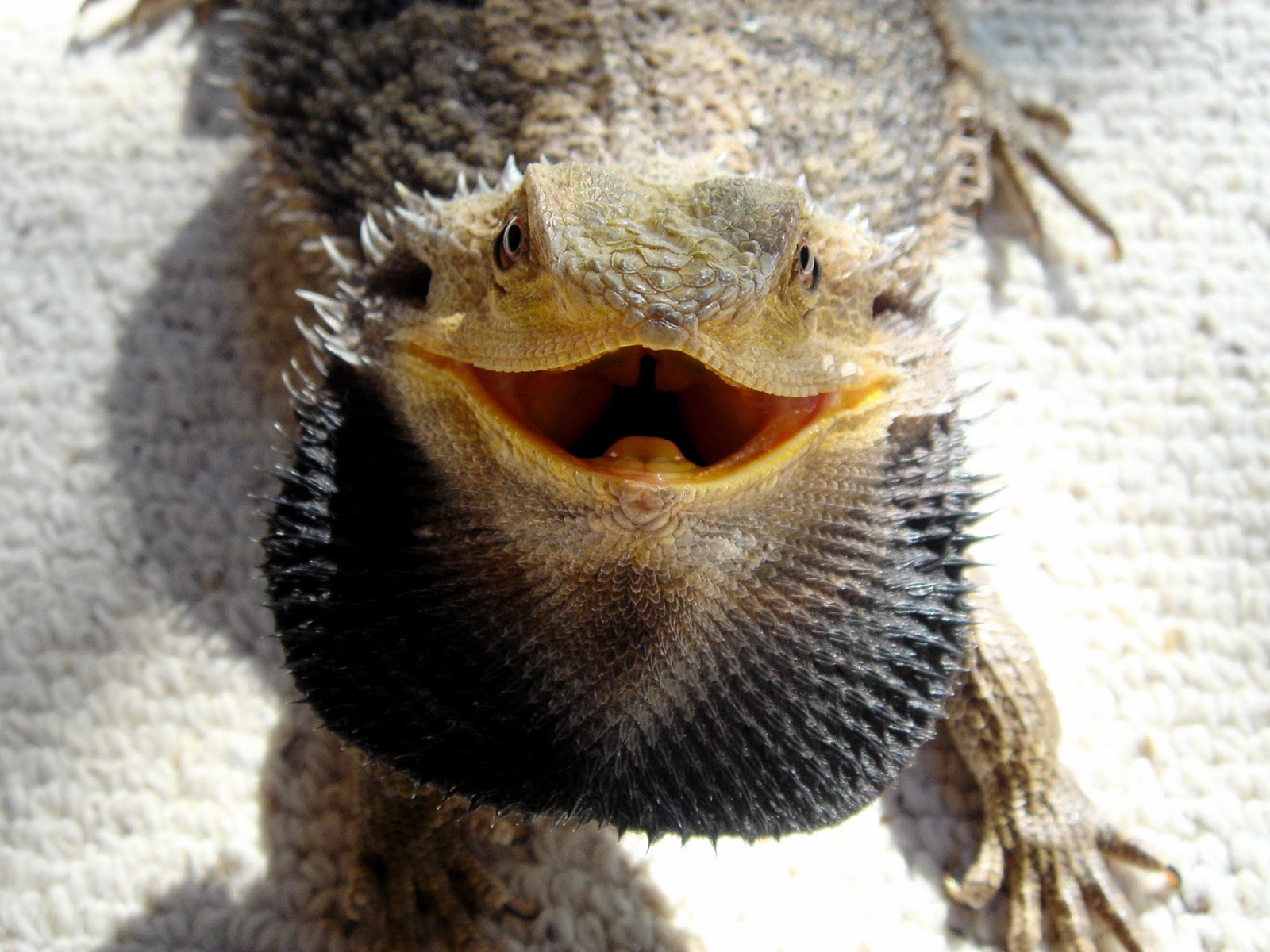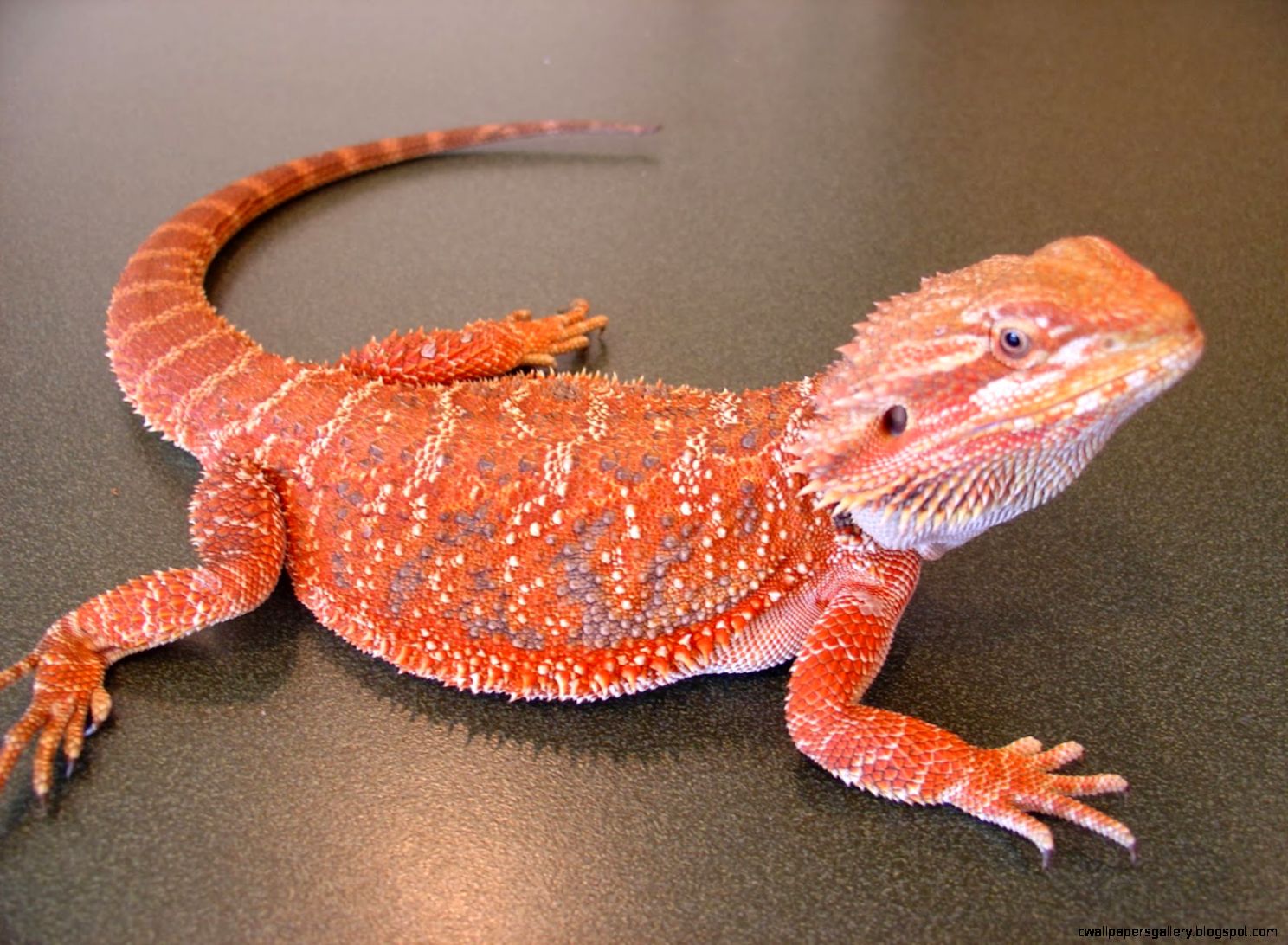Why Is Your Bearded Dragon Going Black? Understanding the Reasons and What to Do
Introduction
Bearded dragons are fascinating reptiles with unique appearances and personalities. It is common for them to change colors, especially when they are sick or stressed. One of the most concerning changes in their color is when they turn black. This phenomenon is not only alarming to look at but also indicates that something is wrong with your pet. As a beginner in pet care, it’s essential to know the reasons behind the blackening of bearded dragons and how to prevent it.
Normal color changes in bearded dragons
Bearded dragons can change their colors either as a normal process or as a sign of illness. Normal changes in their coloration can occur due to several reasons such as:
- Brumation: A hibernation-like state where the bearded dragon slows down its metabolism to adapt to the cool temperatures.
- Mood: Just like humans, bearded dragons also have moods. They may turn dark when they are angry, stressed, or anxious and lighten up when they are happy or relaxed.
- Shedding: As bearded dragons grow, they shed their skin. This process can take up to two weeks, and during this process, their skin can appear darker.
Reasons for black color in bearded dragons
If your bearded dragon is turning black, it can be an indication of several health issues. Here are the possible reasons for this color change:
Stress
Bearded dragons are easily stressed animals, and when stressed, they can turn black. Stressful situations for them include:
- Loud noises
- Constant handling
- Change in their environment such as moving to a new tank or having new tank mates
- Overcrowding
- Inappropriate lighting or heating
- Inadequate diet
If you suspect that your bearded dragon is stressed, ensure that its enclosure is properly set up and free from any elements of stress. Also, ensure that it has enough space to move around and that its diet is nutritionally balanced.
Fungal or bacterial infection
Fungal infections can cause painful swelling and black discoloration on the bearded dragon’s body. Bacterial infections, on the other hand, can cause the dragon’s skin to turn black and rot. If you notice these signs, consult a vet immediately to diagnose and treat the infection. Early diagnosis and treatment may save your pet from severe illnesses.
Liver disease
Bearded dragons that have liver disease usually show signs of lethargy, lack of appetite, weight loss, and dark coloration. Liver disease can worsen without treatment, so it is best to visit your vet as soon as you can for diagnosis and treatment.
Preventing black coloration in bearded dragons
Prevention is crucial in keeping your bearded dragon healthy, happy and free from turning black. Here are some things you should do:
Maintaining optimal tank conditions
Bearded dragons thrive best in controlled tank conditions. Ensure that their tank has adequate lighting, heating, humidity, and ventilation. Also, ensure that their tank is clean and free from any acute or chronic stressors.
Proper diet
Bearded dragons need a balanced diet consisting of fresh greens, fruits, insects, and some protein sources, like chicken or fish. Ensure that your bearded dragon is getting enough vitamins and minerals in their diet. Additionally, avoid feeding them foods that can cause inflammation or viral infections, such as kale or strawberries.
Proper handling
Bearded dragons need gentle handling and social interactions to thrive. Avoid overhandling your bearded dragon or exposing it to loud or unfamiliar environments. Also, ensure that you don’t overcrowd their tank with other pets because it can lead to stress and infections.
Conclusion
Bearded dragons are attractive and rewarding pets to have, but their care requires a significant amount of effort and knowledge. Black coloration in bearded dragons can be an indication of stress, fungal or bacterial infections, or liver disease. As a beginner, it’s crucial to keep their tank conditions optimal, feed them a balanced diet, and avoid subjecting them to stressors. If your bearded dragon has signs of black coloration or other illnesses, consult a vet immediately. Early diagnosis and treatment can help save your pet’s life.







